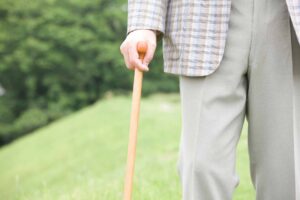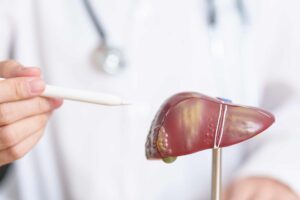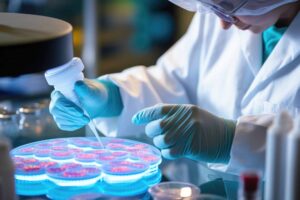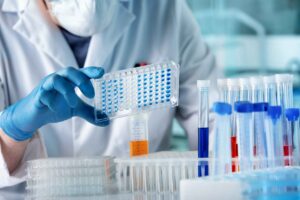What is already known
The western diet and lifestyle have altered the human gut microbiota in ways that may increase the risk of developing conditions including asthma, allergies and diseases of the digestive tract. Scientists have thus proposed to restore a “preindustrial” microbiota, for example by transplanting fecal material from donors in nonindustrial societies. However, it is unclear whether such approach could benefit people in industrialized societies.
What this research adds
Instead of restoring a “preindustrial” microbiota, researchers propose to rejuvenate a person’s microbiota by collecting stool samples when a person is young and healthy, and then use the samples later if that person develops a disease that could be treated with fecal microbial transplantation. A similar approach has already been explored by some biobanks such as a stool bank based in Massachusetts, which offered people to bank their own stool for future treatment of Clostridioides difficile infection. The authors’ proposal would be a generalization of this service on a large scale for many other diseases.
Conclusions
Banking a person’s stool for future use presents many challenges, including costs and optimal storage methods. Future research should test storage times as well as preservation, resuscitation and cultivation procedures, the authors say.
The western diet and lifestyle have altered the human gut microbiota in ways that may increase the risk of developing conditions including asthma, allergies and diseases of the digestive tract. To address this problem, researchers call for banking a person’s stool for future use.
In an opinion article published in Trends in Molecular Medicine, Yang-Yu Liu at Harvard Medical School and his colleagues propose to “rejuvenate” a person’s microbiota by collecting stool samples for future treatment of diseases that could be managed with fecal microbial transplantation (FMT).
“Based on existing FMT studies, we anticipate that recipients will benefit from rejuvenating their microbiome in multiple microbiota-related clinical situations,” the authors say. However, they add, banking a person’s stool presents many challenges, including costs and optimal storage methods.
Rejuvenating the microbiota
The community of microbes that inhabit a person’s gut help to digest food, guide the development of the immune system, and keep pathogens at bay. Several studies have shown that alterations in the gut microbiota composition — which are often related to a westernized diet and lifestyle — are associated with conditions such as allergies, obesity, diabetes and inflammatory bowel disease.
Scientists have thus proposed to restore a “preindustrial” microbiota, for example by transplanting fecal material from donors in nonindustrial societies. “Microbiome samples from some current nonindustrial hunter–gatherer societies (e.g., Hadza people in Tanzania) have been proposed to approximate the ancestral microbiome,” the authors say. “However, it is still unknown whether people in industrialized societies can gain some health benefit by restoring their microbiome to an approximate ancestral state.”
So, Liu and colleagues proposed to rejuvenate a person’s microbiota instead. “Rejuvenating the human microbiome can be considered as a special autologous FMT with host samples collected at a particular time point (long before the FMT) and stored in a stool bank,” they say.
Stool bank
The idea proposed by Liu and colleagues is that a person would bank their own stool when they’re young and healthy. Later, if they develop a disease that could be treated with FMT, they would use their preserved sample to try to restore their microbiota to an earlier, healthier state.
A similar approach has already been explored by some biobanks such as a stool bank based in Massachusetts, which offered people to bank their own stool for future treatment of Clostridioides difficile infection. (FMT has proved effective against recurrent infection with C. difficile, which can cause severe diarrhea and life-threatening inflammation of the gut.)
The authors’ proposal would be a generalization of this service on a large scale for many other diseases. “Conceptually, rejuvenating the human gut microbiome by stool banking and autologous FMT is similar to cord blood banking for an autologous transplant,” the authors say. However, they add, the chance of using stool samples is much higher than that of using cord blood.
Banking a person’s stool for future use presents “many practical issues”, the authors caution. Future research should test storage times as well as preservation, resuscitation and cultivation procedures.
Stool banking could also lead to a system in which only some individuals would be able to pay the costs associated with the service, the authors note. “But as scientists our job is to provide a scientific solution that may eventually benefit human well-being,” Liu says. “Developing a reasonable business model and pricing strategy so that the solution is affordable to everyone would require the joint force of entrepreneurs, scientists, and perhaps governments.”











